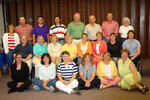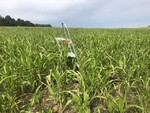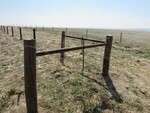Posted date: Jan 27, 2021
by: Admin My Local Life
551 Views
Cheyenne, Decatur, Sherman, Rawlins, and Thomas counties, Kansas
Natural Resources Conservation Service
USDA
The U. S. Department of Agriculture (USDA) is an equal opportunity employer and provider. Hmm, what does that mean? Well, it means that you cannot be denied employed positions or customer services based on the specific factors that make you who you are: your age, national origin, color, race, religion, disability, sex, or family status. It is department policy. Our agency, under the USDA, is the Natural Resources Conservation Service (NRCS) and we must also adhere to that policy.
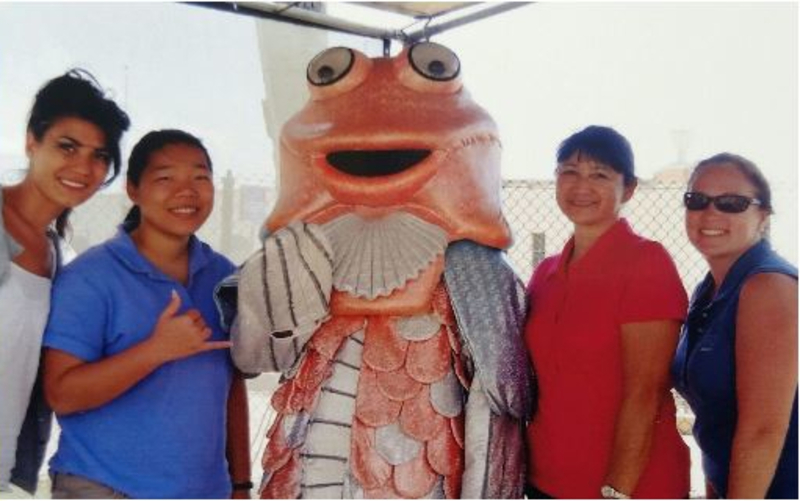
The NRCS focuses on conserving natural resources. One of our most precious natural resources is human ingenuity. Different backgrounds give us different tools to use in life, helping us to live and work productively and overcome obstacles. When you are assembling a team, you want a very diverse set of backgrounds because that gives your team a wider perspective, more ingenuity and therefore more tools to complete your mission. In our case, our mission is to help those who help the land. Diversity also helps our team to relate to the wide variety of people we work with.
Instead of ignoring people’s differences—we embrace them. Sometimes we hold events, such as Diversity Day, to teach employees about different cultures. They might include foods, clothing, or specific religious beliefs. These events are designed to give employees tools to use when they develop relationships with the food producers they work with. Sometimes it is hard to start a conversation with someone who seems very different from yourself. Relationship building tools can help. For example: I once ate “lumpia,” a traditional Pacific island food, at one of these events and found that I really liked it. Now, when I meet Pacific Islanders, the first question I ask is if their family makes lumpia. It seems insignificant, but it opens a door to conversation because I now have something in common with them. It is an ice breaker and it makes us both feel more comfortable having a conversation. We have something in common with every person we meet. Diversity Day events give people awareness to some of these commonalities. This gives us tools for working with different members of the farming community.
It is important to work with different types of farmers. Just as having a diverse group of employees makes our team stronger, so having a diverse community of farmers makes our food supply stronger. We want many different types of farmers to participate in government conservation programs so their land can sustainably provide many different types of food to America.
We have had to work hard to be sure our policies do not create barriers to diversity, excluding certain groups of people. In the past there have been policies that prevented small-acreage owners from participating in government programs. This allowed large corporate and commodity farms to out compete traditionally smaller acreage food producers, such as Specialty Crop Producers (traditionally black, immigrant, and/or female) and organic producers. We lost many small farms and had to reverse those policies so that we would not lose specialized farm products. Small farms tend to produce hand-picked fruit and vegetables that are naturally raised or that use organic methods. Many people need these foods due to illness or allergies, so it is important that they remain available in our food supply. Therefore, NRCS has a renewed effort conserving the natural resources of farms on smaller parcels of land while continuing to serve large landowners as well.
There have also been cultural barriers that NRCS is trying to overcome so that we can work with more farmers. One is with female producers. For many years, men took care of farm business at the NRCS office and women stayed in the vehicle and waited. Unfortunately, this left women unaware of our services and once the man was no longer on the farm, women often had little interest in continuing to farm. Often these farms ceased to produce food. We try to consciously include joint farm owners in all our business now and we encourage female producers to participate in our programs. We cannot afford to lose any more farms; we have an entire world that depends on American-grown food to feed it!
Another cultural barrier that exists is language. At NRCS, we try to accommodate all producers. There are many producers who have brought the knowledge of growing unique crops here and also unique conservation methods. We try to help them thrive as food producers by learning and providing materials in their language so that they can fully utilize our conservation programs as well. Additionally, our agency has learned a lot from small, non-traditional farmers about resource protection, using methods such as mulching, no-till, and cover crops.
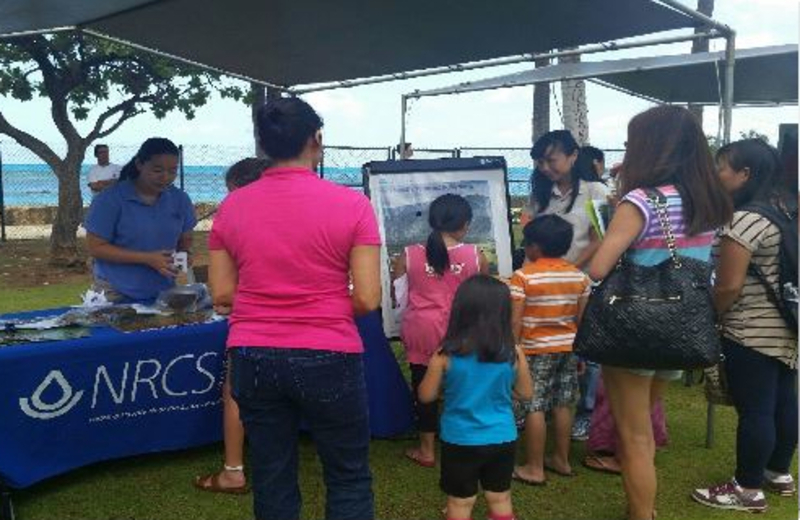
The Civil Rights movement asked us to focus on our similarities and not our differences, but the truth is that our differences are what make us valuable to each other. We can only appreciate these differences if we can see how we enrich each other’s lives. We learn from each other. We complete each other, because where I am weak, you may be strong and where I am ignorant, you may be enlightened. Conserving our natural resources is a big job; it will take all of us working together.
There are many barriers still in place, but we make every effort to overcome them. When you come into an NRCS office, you can be assured a professional, respectful atmosphere and someone willing to hear your ideas on how to conserve the resources on your land. Then we’ll offer technical assistance that can help complete your conservation plan. We can only, truly, work together if we share our knowledge. We will only share our knowledge if we trust each other. We can only trust each other if we feel respected. So respect everyone you meet for who they are. And may they do the same for you.
For more information about our conservation programs, contact your local NRCS office or conservation district office located at your local county USDA Service Center (listed in the telephone book under United States Government or on the internet at https://offices.usda.gov). More information is also available on the Kansas Web site at https://www.ks.nrcs.usda.gov. Follow us on Twitter @NRCS_Kansas. USDA is an equal opportunity provider and employer.





